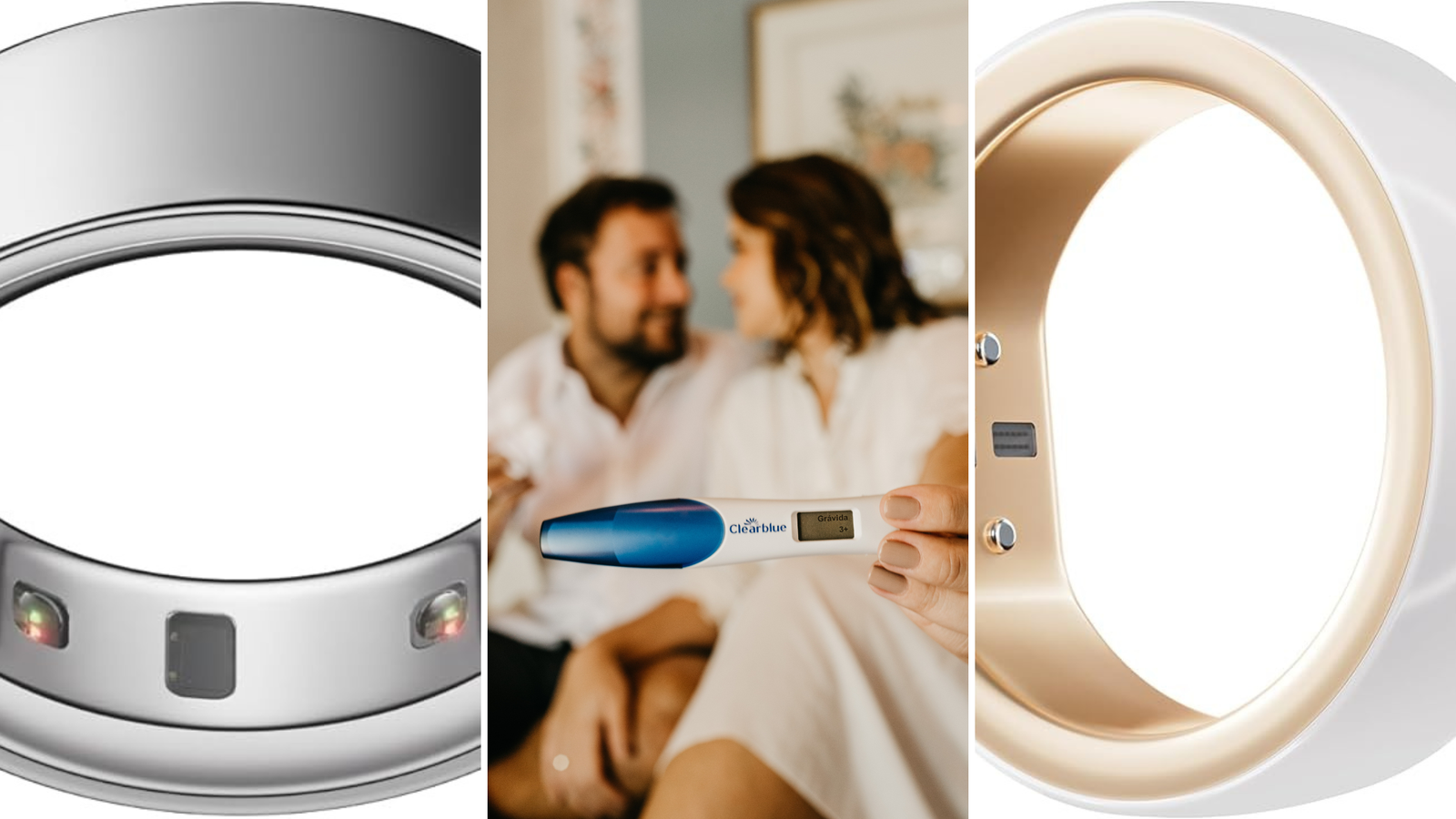This is a simple tool to help you find or calculate your implantation date. If you find it difficult to play around with the calculator, scroll down to learn how to use the implantation calculator.
Implantation Calculator
Author Bio

Idris Ya’u
BSc Botany, MSc Biology
How to Use the Implantation Calculator
The implantation calculator is a helpful tool designed to estimate when implantation might occur based on your ovulation or menstrual cycle information. Here’s how to use the implantation calculator:
1. Select Your Ovulation Knowledge:
- Step 1: In the first drop-down menu, you’ll see the question, “Do you know when you ovulate?”
- Step 2: Choose “Yes” if you know your ovulation date or “No” if you don’t.
2. Enter Your Details:
- If You Chose “Yes”:
- An input field labeled “Ovulation Date” will appear. Enter the date when you ovulated.
- If You Chose “No”:
- Two input fields will appear.
- First Day of Last Menstrual Period (LMP): Enter the first day of your last menstrual period.
- Average Cycle Length: Enter the average number of days in your menstrual cycle.
3. Calculate Your Implantation Window:
- Once you’ve entered your information, click the “Calculate Implantation Date” button.
- The calculator will process the data and provide an estimated window for when implantation is likely to occur.
4. View Your Results:
- The results will display an estimated date range for implantation.
- A brief explanation about the implantation process and its significance will also be provided to give you context and understanding.
Tips for Accuracy
- If you’re unsure about your cycle length or ovulation date, it’s helpful to track these details over a few months to get a more accurate estimate.
- Keep in mind that this calculator provides an estimate based on average data. Implantation can vary for each individual.
Using this calculator can help you better understand your fertility window and prepare for the possibility of conception.
FAQs: How far along are you at implantation?
At the time of implantation, you are generally considered to be about 3 to 4 weeks pregnant, depending on how your doctor counts pregnancy weeks. Pregnancy is typically counted from the first day of your last menstrual period (LMP), not from the day of conception. So, by the time implantation occurs, even though the embryo is just starting to embed into the uterine lining, you’re counted as being 3 to 4 weeks pregnant.
How do you count weeks from implantation?
Pregnancy weeks are usually counted from the first day of your last menstrual period (LMP). However, if you’re counting from implantation, you would add about two weeks to that date to align with the conventional way pregnancy weeks are calculated. For example, if implantation occurs around day 21 of your cycle, you’re generally considered to be about 3 weeks pregnant.
When is implantation in a 28-day cycle?
In a typical 28-day cycle, implantation usually occurs between 6 to 12 days after ovulation, which would be between days 20 and 26 of the cycle. Most commonly, implantation happens around day 21 or 22, which is about a week after ovulation.
How many days is successful implantation?
Successful implantation usually occurs within 6 to 12 days after ovulation. This is when the fertilized egg (blastocyst) attaches itself to the uterine lining. On average, implantation occurs around day 9 or 10 after ovulation.
Is day 28 too late for implantation?
Day 28 is generally considered too late for implantation. If implantation occurs this late, it can be associated with an increased risk of miscarriage. Most successful implantations happen between 6 to 12 days post-ovulation, so by day 28 of a typical 28-day cycle, your period is usually due.
How do I know if I had late implantation?
Late implantation can sometimes be detected by a delay in the onset of pregnancy symptoms or a later-than-expected positive pregnancy test. If you experience implantation symptoms like spotting or cramping later in your cycle (closer to your expected period date), it could be a sign of late implantation.
What is the longest time implantation can take?
The longest time for implantation is typically around 12 days after ovulation. Beyond this, implantation is considered late, which can sometimes result in a less stable pregnancy. Rarely, implantation might occur as late as 13 or 14 days post-ovulation, but this is uncommon.
What happens on day 28 if pregnant?
If you are pregnant on day 28 of a typical cycle, you might miss your period, which is one of the earliest signs of pregnancy. At this point, the implanted embryo starts to produce hCG (human chorionic gonadotropin), the hormone that pregnancy tests detect.
Is it possible to conceive on 28th day?
It’s unlikely to conceive on the 28th day of a typical 28-day cycle because ovulation generally occurs around day 14. However, in women with longer cycles or irregular cycles, it might be possible to ovulate and conceive later in the cycle, closer to day 28.
Can pregnancy be detected on 28th day?
Yes, pregnancy can often be detected on the 28th day of a typical 28-day cycle. By this time, if you’re pregnant, the level of hCG in your urine or blood should be high enough to trigger a positive pregnancy test.
What are the symptoms of 28 days pregnancy?
At 28 days into your pregnancy, which is roughly 4 weeks pregnant, you might start experiencing some early pregnancy symptoms. These can include:
- Missed Period: The most obvious sign.
- Mild Cramping: Similar to period cramps but lighter.
- Spotting: Also known as implantation bleeding, it’s usually lighter and shorter than a regular period.
- Breast Tenderness: Your breasts may feel sore or swollen.
- Fatigue: Feeling unusually tired is common.
- Nausea: Morning sickness can start as early as 4 weeks, though it often begins later.
- Increased Urination: You might find yourself needing to pee more often.
Will a pregnancy test be positive on day 28?
Yes, a pregnancy test is likely to be positive on day 28 if you are pregnant. By this time, if implantation has occurred, your body should be producing enough hCG (human chorionic gonadotropin) for a home pregnancy test to detect it. However, the sensitivity of the test and the timing of implantation can affect the result.
How do I know if implantation has taken place?
Signs of implantation can include:
- Implantation Bleeding: Light spotting that happens around 6 to 12 days after ovulation.
- Mild Cramping: Similar to menstrual cramps but usually milder and shorter in duration.
- Breast Changes: Some women notice breast tenderness or changes as early as implantation.
- Bloating: Hormonal changes can lead to a feeling of bloating.
- Increased Basal Body Temperature: If you’re tracking your BBT, a sustained rise in temperature might indicate implantation.
How many days missed period confirms pregnancy?
While a missed period is a strong indicator of pregnancy, it’s not a confirmation on its own. Generally, if your period is more than a week late (7 days), and you have a positive pregnancy test, it is a strong confirmation of pregnancy. Some women may get a positive test as early as the first day of their missed period.
Can I be 3 weeks pregnant and test negative?
Yes, it’s possible to be 3 weeks pregnant and get a negative test. At 3 weeks, the level of hCG in your body might still be too low to detect with a home pregnancy test, especially if you ovulated later than expected or implantation took a little longer. It’s often recommended to wait until at least 4 weeks (or 1 week after your missed period) for more accurate results.
What is the earliest a pregnancy test will be positive?
The earliest a pregnancy test can be positive is usually about 10 days after ovulation. This corresponds to 3 to 4 days before your expected period in a typical 28-day cycle. However, the accuracy of the result increases the closer you are to your expected period.
How many weeks pregnant are you considered at implantation?
At the time of implantation, you are generally considered to be 3 to 4 weeks pregnant. This is because pregnancy is counted from the first day of your last menstrual period, not from the day of conception or implantation.


